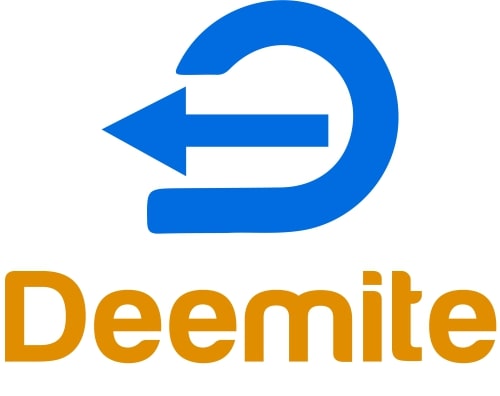WordPress has become one of the most popular content management systems (CMS) for creating and managing websites. Its user-friendly interface and extensive collection of themes and plugins have made it accessible to users with varying levels of technical expertise.
However, a common question arises: Does WordPress require coding skills?
In this blog post, we’ll explore the relationship between WordPress and coding to determine if coding is necessary for using and customizing WordPress websites.
Does WordPress Require Coding?
No, WordPress does not require coding skills to create and manage a basic website.
But if you want to customize your website to make it more advanced and add high-end features then you will need to learn coding.
Let’s discuss it in detail.
Why WordPress is Called a No-Code Platform?
WordPress is called a no-code platform as it enables non-technical users to create and manage websites without writing code.
The platform offers a simple and intuitive interface, making it easy to create pages, publish content, and manage site settings.
WordPress provides a vast library of pre-built themes that allow users to customize the visual appearance of their websites with just a few clicks.
The availability of plugins enables users to add functionality to their sites without any coding knowledge. With these features, WordPress caters to users who prefer a no-coding approach.
Basic Customization without Coding
WordPress offers a range of built-in customization options that don’t require coding. Themes play a significant role in website customization, as they determine the overall design, layout, and typography.
Users can choose from a wide variety of free and premium themes, each with its own set of customizable options. Through the WordPress Customizer, users can easily modify elements like colors, fonts, header and footer layouts, and more.
The extensive plugin directory allows users to enhance their sites with features such as contact forms, social media integration, and search engine optimization (SEO), all without writing a single line of code.
Website Design using Page Builders
Page builders are another big addition to WordPress. These are the plugins that enable non-technical and non-designer to design the WordPress website. They provide a user-friendly drag and drop editor to design WordPress pages.
Popular page builders include Elementor, Divi, WP Bakery, and Oxygen. You can use these page builders to create a fully functional WordPress website without writing a single line of code.
Advanced WordPress Customization and Coding
While WordPress provides a no-coding solution, there may be instances where advanced customization or specific functionality requires coding knowledge.
Understanding basic web technologies like HTML, CSS, Javascript, and PHP can be beneficial for modifying WordPress themes and templates. HTML provides the structure and content of a webpage, CSS determines its visual styling, and PHP enables dynamic functionality.
With coding skills, users can create custom page templates, develop unique theme designs, or build custom plugins tailored to their specific needs.
Coding proficiency expands the possibilities for advanced customization and offers greater control over the website’s appearance and functionality.
Learning Resources for WordPress Coding
For those interested in learning WordPress coding, numerous resources are available to aid the learning process. Online tutorials, coding courses, and forums provide step-by-step guidance on HTML, CSS, JS, and PHP for WordPress development.
The official WordPress Codex serves as a comprehensive reference guide, offering documentation, tutorials, and code examples.
Also, there are online platforms dedicated to WordPress coding tutorials and forums where users can seek assistance and engage with a community of developers.
By investing time in learning coding, users can unlock the full potential of WordPress customization.
Conclusion
In conclusion, WordPress is a versatile CMS that caters to both non-technical users and those with coding skills. It offers a no-coding solution, allowing users to create and manage websites without writing code, thanks to its intuitive interface, pre-built themes, and plugins.
However, for users seeking advanced customization or specific functionality, coding knowledge becomes valuable. HTML, CSS, and PHP can be employed to modify themes, create unique designs, and develop custom plugins.
The decision to code or not to code ultimately depends on individual needs and goals for a WordPress website. Whether you choose to leverage the no-coding capabilities of WordPress or explore coding for advanced customization, WordPress remains a powerful tool for website creation and management.
